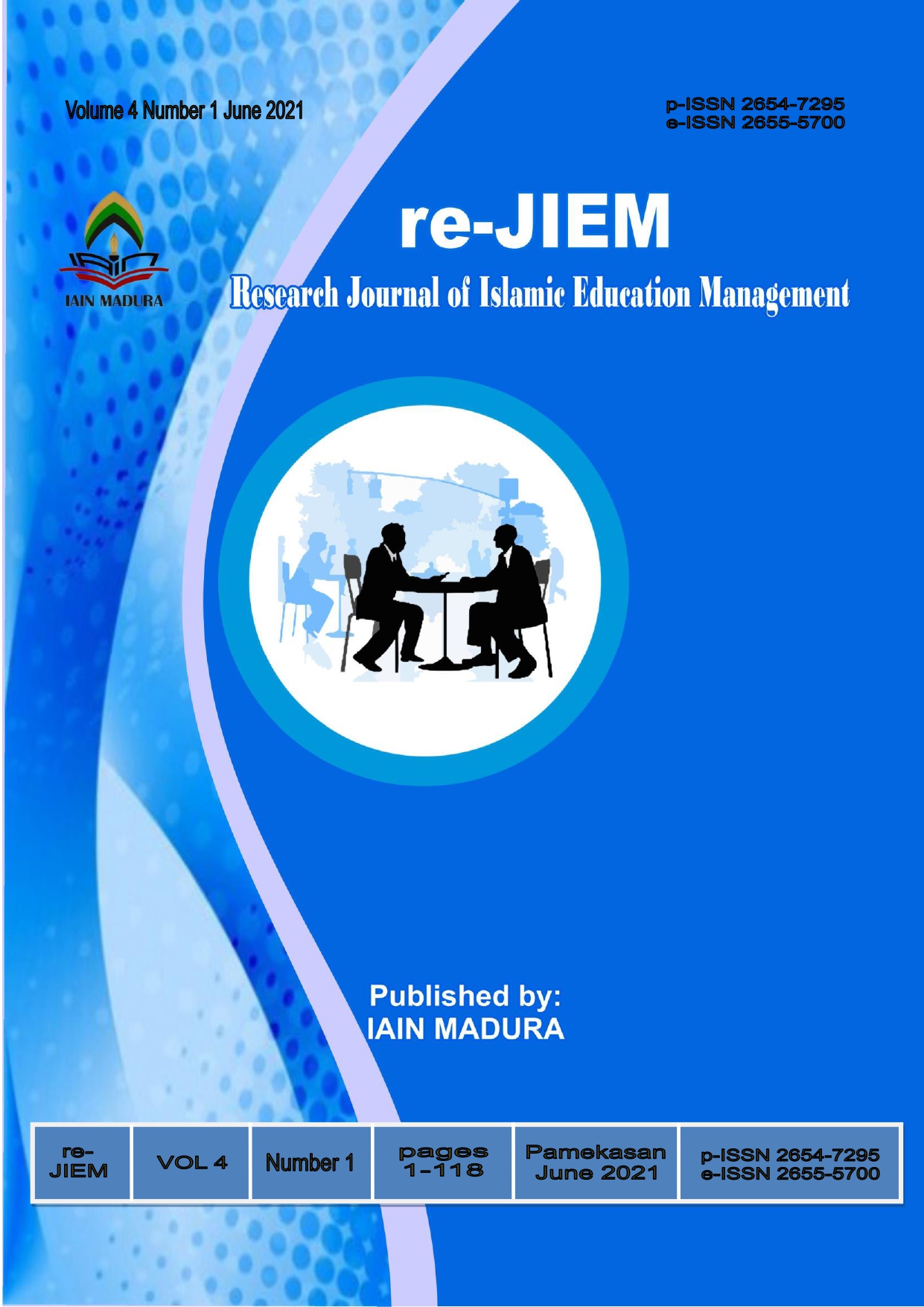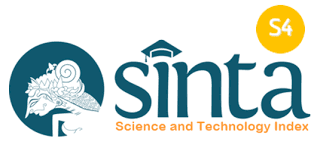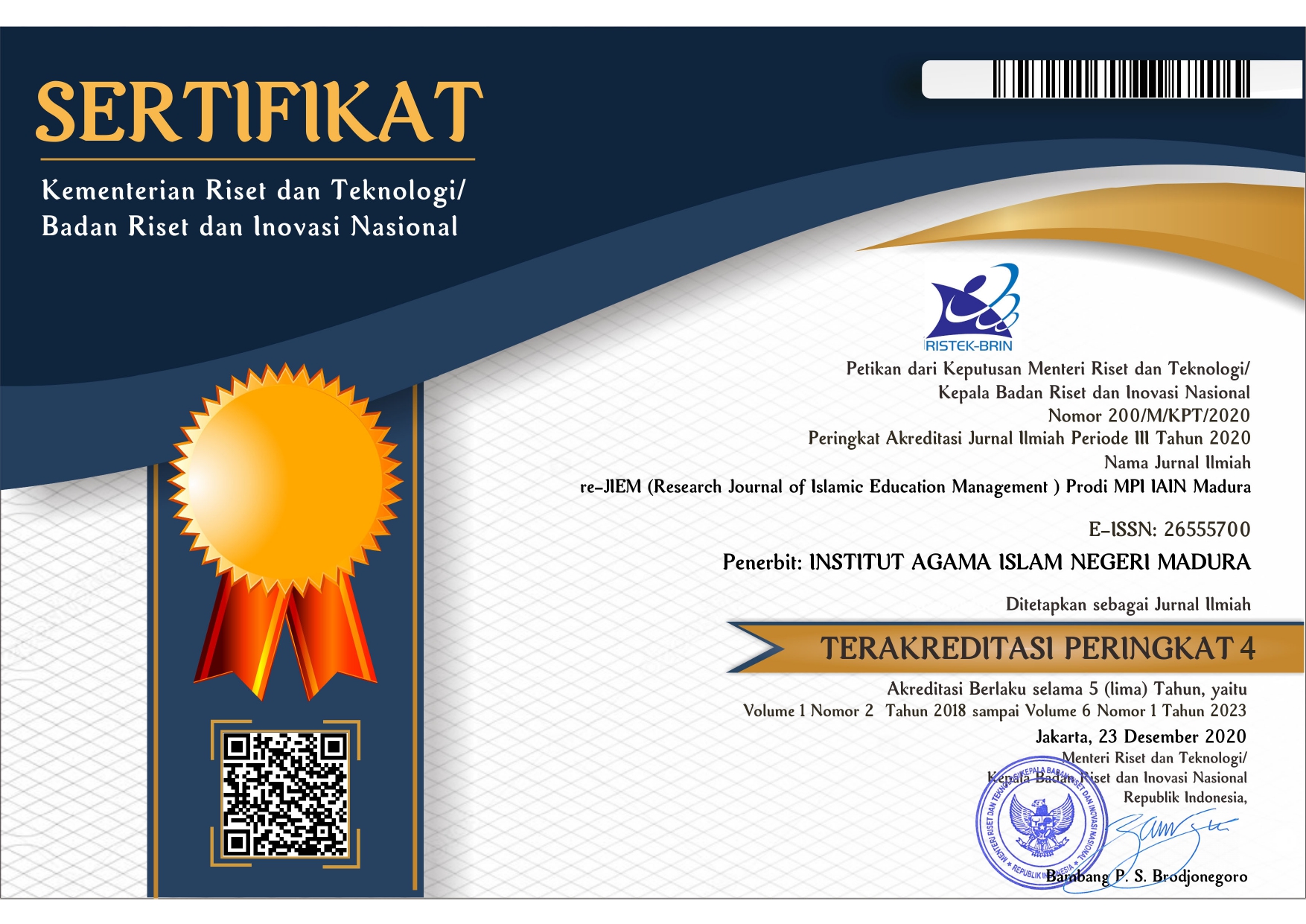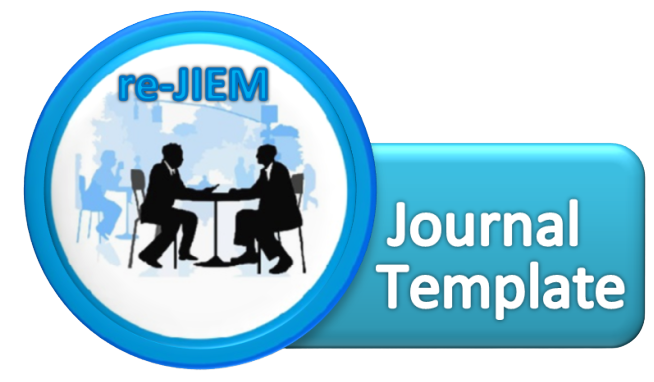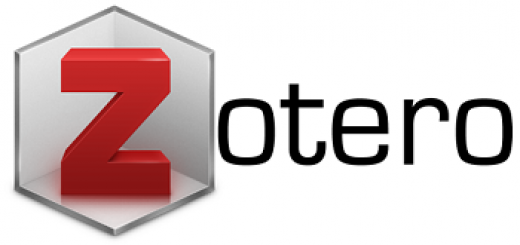PENINGKATAN KEMAMPUAN GURU DALAM PENGGUNAAN TEKNOLOGI INFORMASI DAN KOMUNIKASI (TIK) UNTUK PEMBELAJARAN DARING MELALUI WORKSHOP DI UPTD SDN AENGSAREH 1 KECAMATAN SAMPANG KABUPATEN SAMPANG
 Abstract views: 415
,
Abstract views: 415
,
 PDF downloads: 317
PDF downloads: 317
Abstract
The Covid-19 pandemic requires online learning through various information technology-based media. The fact is that not all teachers at UPTD SDN Aengsareh 1 Sampang District can use it. Therefore, the implementation of this school action research aims to solve these problems. The results showed that the workshop activities could improve the ICT skills of teachers in online learning at UPTD SDN Aengsareh 1 Sampang District. This is evidenced in the implementation of school action research consisting of 2 cycles showing in the first cycle after the workshop the test results obtained are 1 out of 9 teachers or 11.11% in the low category, 5 out of 9 teachers or 55.56 in the medium category, and 3 teachers or 33.33% categorized as high. This situation must be continued in cycle II, because it has not reached the expected success indicator, which is 70% in the high category. After the second cycle was carried out, the following data were obtained: From 9 teachers there were 0 teachers or 0% in the low category, 2 teachers or 22.22% in the medium category, and 7 teachers or 77.78% in the high category. Therefore, the cycle was stopped, because it had reached the expected success indicator, which was 70% in the high category. This shows that the workshop can improve the ability of teachers in mastering ICT for online learning.
Downloads
References
Anas. “Workshop Dan Jenisnya.” Makalah (Online), 2012. http://anasaff.blogspot.com/2012/08/workshop-dan-jenisnya.html.
Arifin, Zainal. “PENINGKATAN KEMAMPUAN GURU DALAM MEMBUAT RENCANA PELAKSANAAN PEMBELAJARAN (RPP) TEMATIK 1 HALAMAN MELALUI WORKSHOP DARING DENGAN VARIASI MODEL JIGSAW DI UNIT PELAKSANA TEKNIS DAERAH (UPTD) SEKOLAH DASAR (SD) NEGERI GENTENG 2 BANGKALAN.” Re-JIEM (Research Journal of Islamic Education Management) 3, no. 2 (2020): 201–15. https://doi.org/10.19105/re-jiem.v3i2.4722.
Darmadi, Hamid. Metode Penelitian Pendidikan. Bandung: Alfabeta, 2011.
Dharma, Surya. Identifikasi Masalah Kepengawasan; Modul Untuk Pengawas. Jakarta: Ditjen PMPTK, 2008.
———. Teknologi Informasi Dan Komunikasi Dalam Pembelajaran. Modul Untuk Pengawas. Jakarta: Ditjen PMPTK, 2008.
Muhari. “Meningkatkan Kemampuan Guru Kelas V Dan VI Dalam Menyusun Tes Hasil Belajar Akhir Semester Melalui Workshop Di Gugus Sekolah I Kecamatan Kamal Kabupaten Bangkalan Tahun 2013.” Bangkalan, 2013.
Nurhadi, Ali. Profesi Keguruan :Menuju Pembentukan Guru Profesional. Kuningan: Goresan Pena, 2017.
PMPTK, Tim Dirjend. Penelitian Tindakan Sekolah. Bahan Belajar Mandiri Kelompok Kerja Pengawas Sekolah. Jakarta: Ditjend PMPTK, 2009.
Qamariyah, Nurul, and Ali Nurhadi. “Pentingnya Analisis Kebutuhan Dalam Program Pendidikan Dan Pelatihan Berbasis IT Bagi Guru PAI Di Tengah Pandemi Covid’19.” Indonesian Journal of Islamic Educational Management 4, no. 1 (2021): 7–15. https://doi.org/10.24014/ijiem.v4i1.11647.
Sa’adah, Halimatus, and Ali Nurhadi. “PROBLEM KEDISIPLINAN MAHASISWA PROGRAM STUDI MANAJEMEN PENDIDIKAN ISLAM DALAM KULIAH DARING MENGHADAPI PANDEMIK CORONA VIRUS DESEASE-2019 DI FAKULTAS TARBIYAH INSTITUT AGAMA ISLAM NEGERI MADURA.” Re-JIEM (Research Journal of Islamic Education Management) 3, no. 2 (2020): 129–42. https://doi.org/10.19105/re-jiem.v3i2.4083.
Sadiman, Rahardjo, Haryono, and Raharjito. Media Pendidikan Pengertian, Pengembangan Dan Pemanfaatannya. Bandung: Tarsito, 2010.
Undang – Undang RI No 20 Tahun 2003 tentang Sisdiknas.
Undang – Undang RI No 14 Tahun 2005 tentang Guru dan Dosen.
Copyright (c) 2021 Moh. Nizar

This work is licensed under a Creative Commons Attribution-ShareAlike 4.0 International License.
Authors who publish with this journal agree to the following terms:
Authors retain copyright and grant the journal right of first publication with the work simultaneously licensed under a Creative Commons Attribution-ShareAlike 4.0 International License that allows others to copy and redistribute the material in any medium or format with an acknowledgment of the work's authorship and initial publication in this journal and also allows to remix, transform, and build upon the material for any purpose, even commercially with contributions under the same license as the original.
Authors are able to enter into separate, additional contractual arrangements for the non-exclusive distribution of the journal's published version of the work (e.g., post it to an institutional repository or publish it in a book), with an acknowledgment of its initial publication in this journal.
Authors are permitted and encouraged to post their work online (e.g., in institutional repositories or on their website) prior to and during the submission process, as it can lead to productive exchanges, as well as earlier and greater citation of published work.


